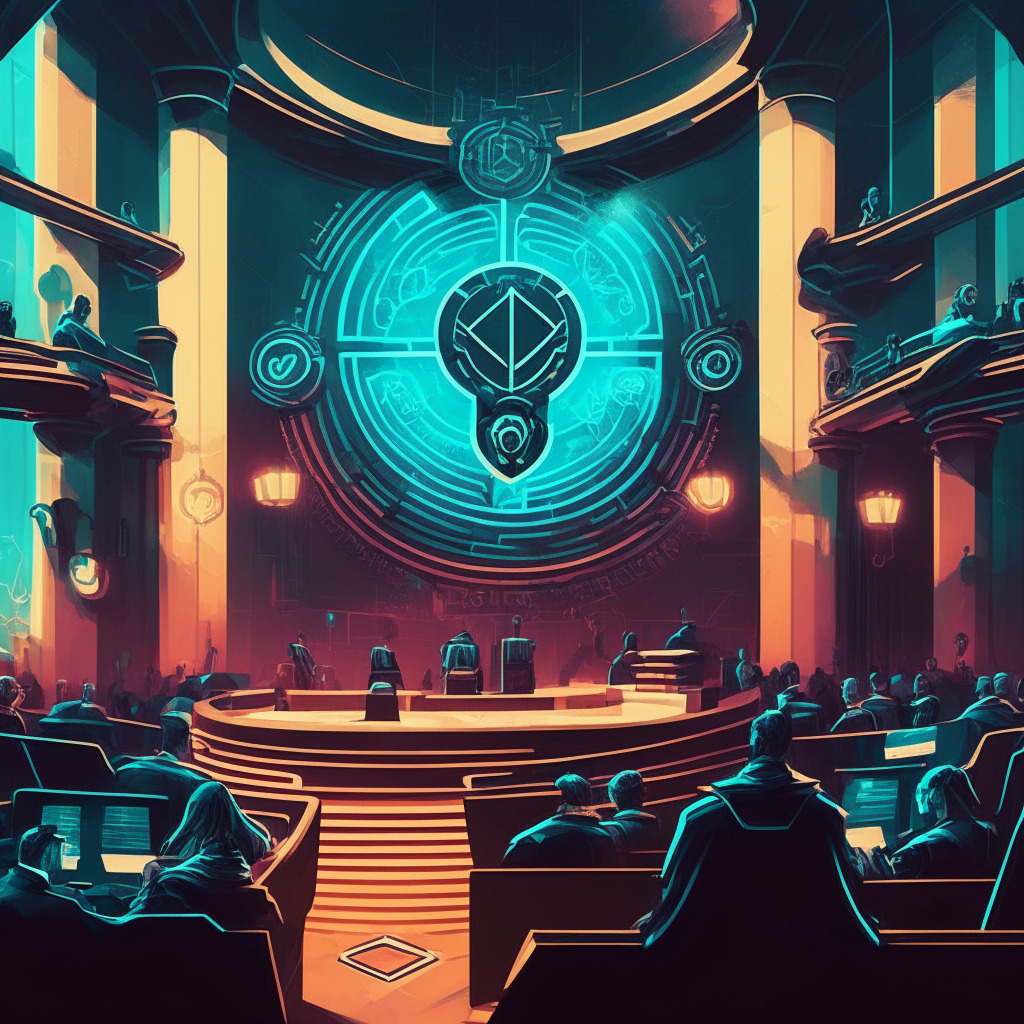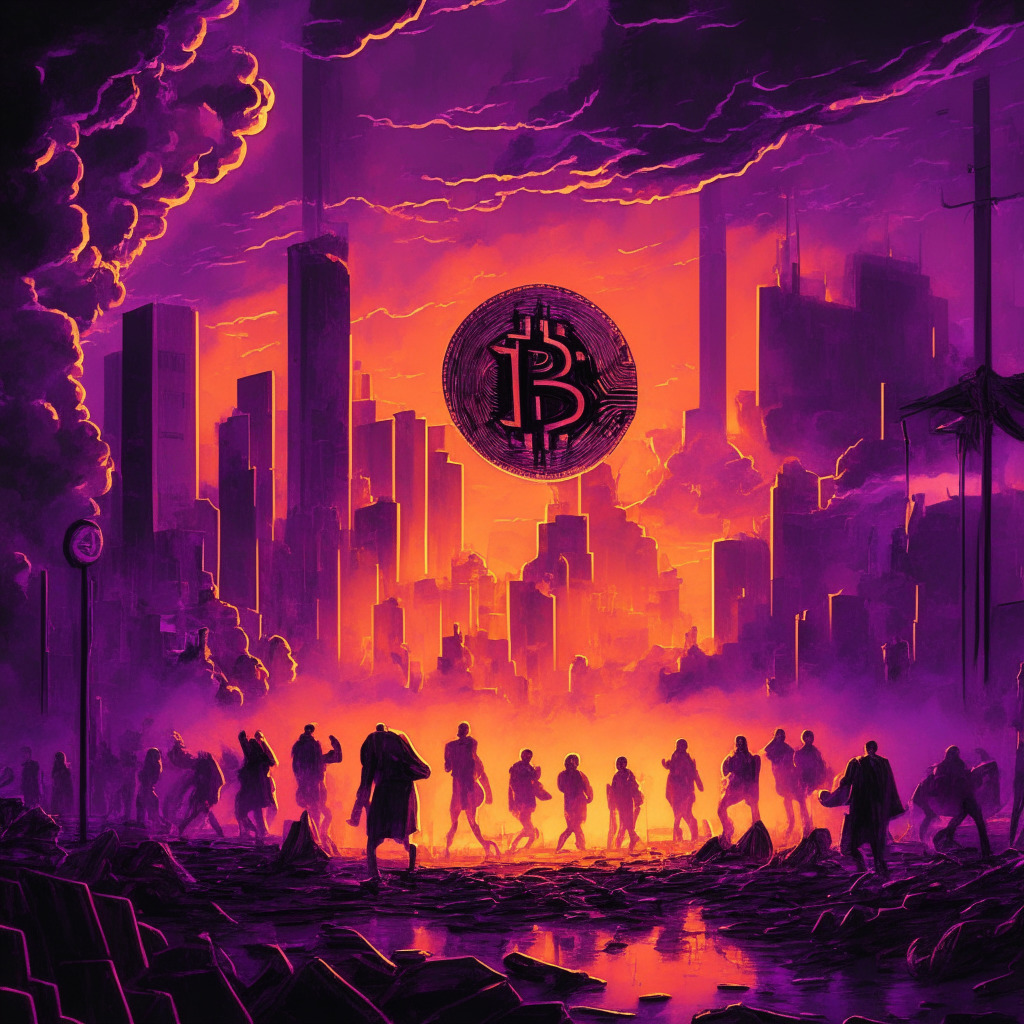A recent ruling by a US district judge has set a new precedent in the world of decentralized autonomous organizations (DAOs). Ooki DAO has been ordered to pay a civil penalty of $643,542, cease operations in the US, and shut down its website. The decision comes after the US Commodity Futures Trading Commission (CFTC) charged the organization with operating an illegal trading platform, violating registration requirements, and failing to comply with the Bank Secrecy Act, including know-your-customer (KYC) regulations.
The ruling carries significant implications for other DAOs, as the court considered Ooki DAO a “person” that can be held liable for legal violations. CFTC’s director of enforcement, Ian McGinley, stated that this decision should be a wake-up call for those who believe adopting a DAO structure allows them to dodge legal enforcement and put the public at risk.
DAOs are organizations operating on blockchain rules and executed through smart contracts, enabling large groups to make decisions without a central authority. The case against Ooki DAO marks the first enforcement action of its kind, revealing that the CFTC will investigate the nature of digital asset transactions facilitated by a DAO, rather than the form of the DAO itself.
However, this ruling poses certain challenges to DAOs and their enthusiasts. Supporters of decentralized systems argue that such organizations can revolutionize how we conduct business and interact with one another, reducing inefficiencies and corruption. On the other hand, some critics believe that the lack of regulation in the DAO environment is an open door for illegal activities, potentially undermining the public’s trust and posing risks to unsuspecting users.
This debate raises essential questions about the balance between regulation and innovation in the blockchain world. Should regulatory bodies impose strict rules on DAOs, potentially inhibiting innovation, or should they develop a more flexible framework embracing decentralized systems?
Moreover, another DAO has been under investigation recently. In March, Sushi DAO, the organization behind a decentralized crypto exchange, revealed that the US Securities and Exchange Commission (SEC) had subpoenaed the project. The increasing scrutiny of DAOs by regulatory bodies suggests that the industry needs to find the right balance between decentralized operations and legal compliance.
In conclusion, the recent ruling against Ooki DAO has exemplified the need for a regulatory framework that can simultaneously protect users and promote innovation in the blockchain sector. While some argue that regulation may stifle innovation, it can also provide much-needed clarity and guidelines for this burgeoning industry. It remains to be seen how this precedent-setting decision will shape the future of DAOs and their relationship with regulators.
Source: Cryptonews




